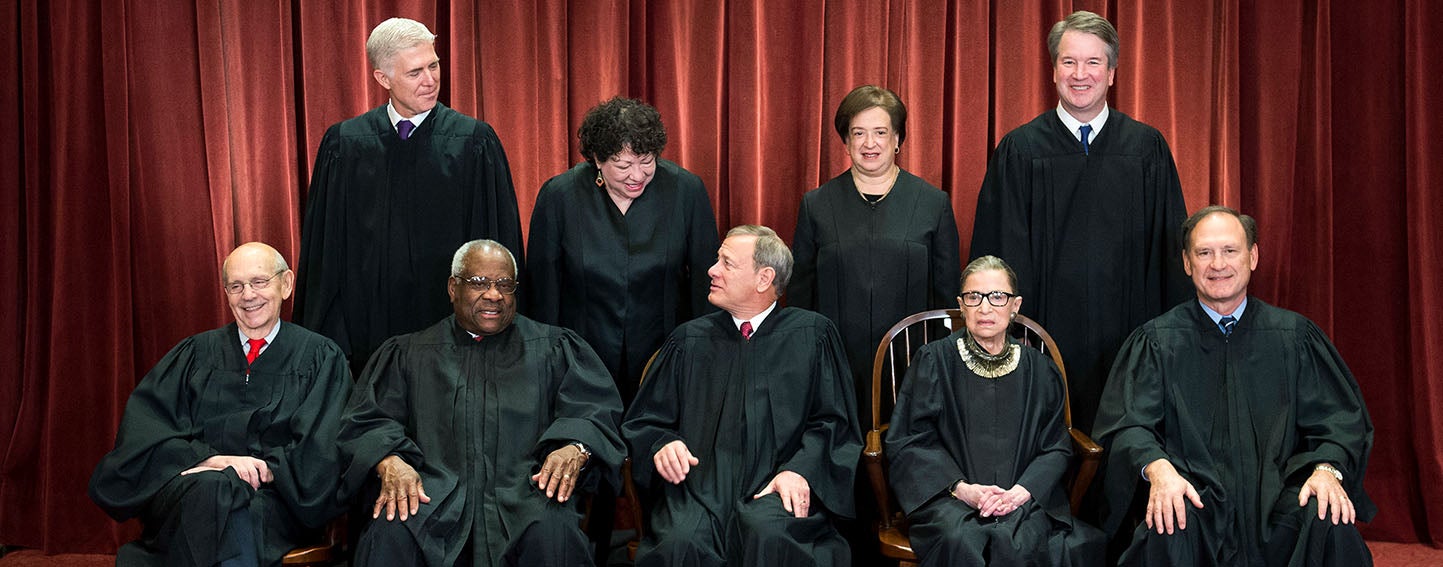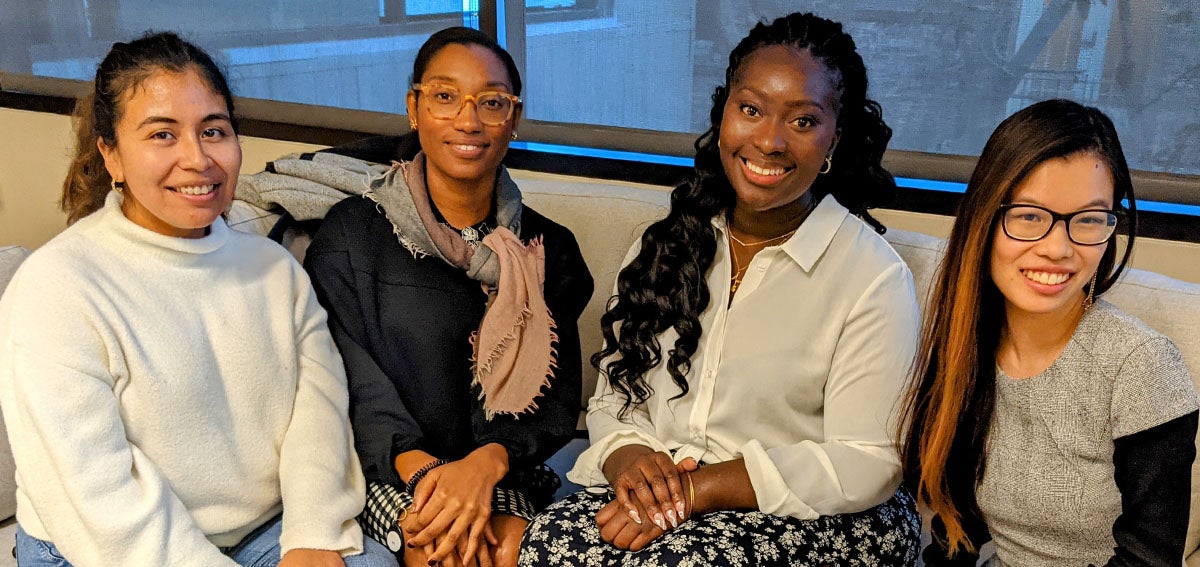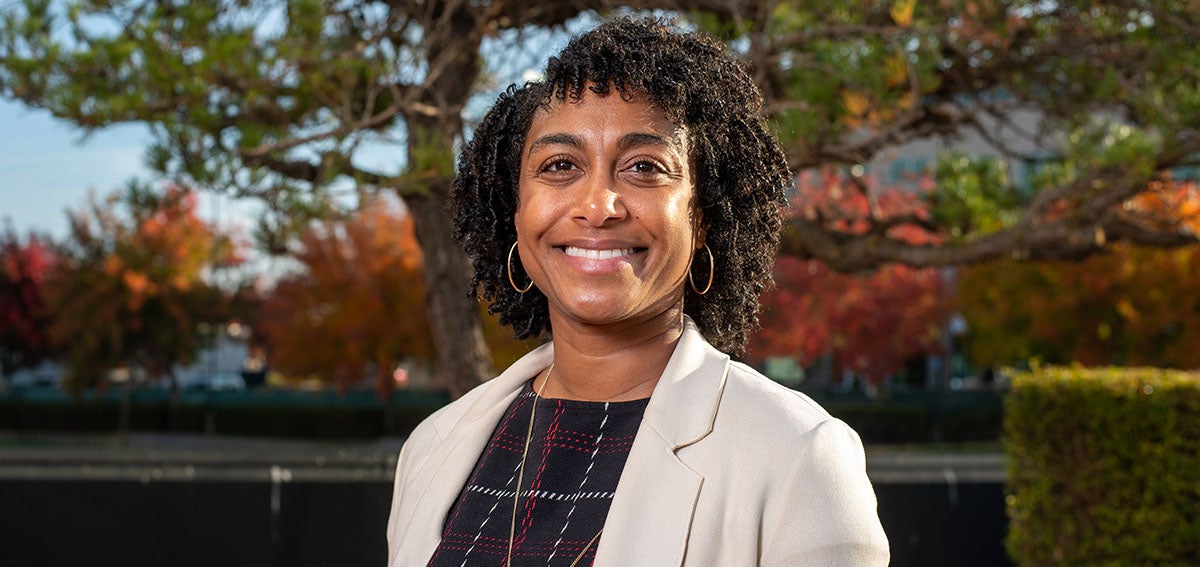

In a case that could eventually reduce funding for federal programs in California, a split US Supreme Court has temporarily blocked the Trump administration from adding a citizenship question to the 2020 census. In the 5-4 ruling on June 27, Chief Justice John G. Roberts Jr. joined the court’s liberal justices in finding that the Census Bureau’s justification for adding the question was inadequate. The case was sent back to a lower court for further proceedings. Because federal funding to states is determined partly by census counts, the stakes are significant for the health care system in California, which has a large immigrant population.
In March 2018, Secretary of Commerce Wilbur Ross, citing a request from the US Department of Justice, announced his intent to add this question to the 2020 census: “Is this person a citizen of the United States?”
However, earlier this year, US District Judge Jesse M. Furman of the Southern District of New York found that Ross violated federal law by misleading the public and his own department about the reasons for adding the question, Vox’s Dara Lind reported. Chief Justice Roberts upheld Judge Furman’s ruling after recent evidence (PDF), publicized by the nonprofit watchdog group Common Cause, suggested that Ross’s justification for the change was an after-the-fact rationalization. “We are presented . . . with an explanation for agency action that is incongruent with what the record reveals about the agency’s priorities and decision-making process,” Roberts wrote (PDF).
UPDATE July 8, 2019: Per POLITICO, Trump has ordered administration officials to continue pursuing ways to add the citizenship question, even if it means delaying the census. He is said to be considering an executive order to accomplish this.
A Chilling Effect
Experts worry that the citizenship question would create a chilling effect in immigrant communities. Households with immigrant or minority family members might fear deportation as a result of filling out census forms, resulting in an undercount of 6.5 million people, according to the administration’s own estimate. “That could cause states with big immigrant populations like California to lose House seats and money for everything from infrastructure to food stamps,” wrote Patricia Leigh Brown in the New York Times.
Despite the Supreme Court’s ruling, California will remain vigilant to ensure a complete count, said Governor Gavin Newsom. President Trump “is desperately trying to stop immigrants from participating in our democracy and American society,” Newsom said in a statement. The state is “meeting this unprecedented census challenge with an unprecedented investment of $187 million in outreach efforts to ensure an accurate and fair count,” he said.
CHCF president and CEO Sandra R. Hernández noted on Twitter that while the decision is “good news for our democracy, it is critical for leaders from philanthropy, state and local government, and the community to continue working closely to ensure an accurate census. The future we share depends on it.”
An inaccurate census would mean that government health and social service programs whose funding is tied to census data would lose billions of dollars and struggle to meet community needs. According to the Public Policy Institute of California (PPIC), “more than half of the state’s population-based federal funding goes to Medi-Cal, which provides health insurance to low-income residents.” In federal fiscal year 2015, California received $44.2 billion in federal funding for Medi-Cal alone.
Additionally, health researchers who use census data would have a much harder time providing state leaders with the information they need to understand local challenges, target resources, and plan for the future, according to a PPIC fact sheet.
Immigration Question Could Resurface Soon
What comes next for the census and the legal case is unclear. “While the question is barred for now, it is at least possible that the administration will be able to offer adequate justifications for it,” Adam Liptak wrote in the New York Times.
Mere hours after the Supreme Court blocked the citizenship question, Trump stated his intent to delay the census to give administration officials more time to justify the addition of the question, the Washington Post reported. However, the administration does not have time on its side — it has previously said that a high court decision was needed by June 30 so that it could begin printing census forms.
Authors & Contributors






